The president of the European Commission, Ursula von der Leyen, has been willing this Thursday to debate the United States proposal to release patents for covid-19 vaccines, but considers that, in the short term, the most urgent thing is that the producing countries allow the export of doses.
Von der Leyen recalled, during a telematic intervention before the European University Institute in Florence, that Europe has combined its vaccination campaigns with the export of tens of millions of doses to other countries, including more than 28 million to the United Kingdom or 72 million to Japan.
"Europe is right now the world's pharmacy and we are proud of it," said the president.
More information
The United States Supports Releasing Patents for Coronavirus Vaccines to Make Their Use Universal
India and South Africa prepare a new proposal to attract more support for the patenting of vaccines
Even so, the United States' turn in favor of releasing patents for covid-19 vaccines puts EU partners and the United Kingdom on the ropes, against taking that step within the World Organization of Trade (WTO).
Brussels believes that suspending intellectual property rights would be counterproductive because it could jeopardize the security required for the production of drugs, a position shared by other large producers such as the United Kingdom, Switzerland and, until this Wednesday, the United States.
The release of patents, moreover, would require a very long negotiation, as Washington has recognized, within the WTO, where decisions are made by consensus of all its members (164). Germany, home of one of the pharmaceutical companies that has successfully developed a vaccine (BioNTech) and another in the making (CureVac), has already expressed its resistance to the US proposal on Thursday. A spokeswoman for the German government has indicated to the Bloomberg agency that liberalization would create "serious complications" in the production of vaccines.
But US President Joe Biden's decision to align himself with countries demanding liberation calls into question the European position. This same week, the EU Committee of Regions has approved a resolution in which it advocates "exploring new solutions, such as the temporary suspension of patents" with a view to "increasing vaccine production." Although it is a non-binding text, it is the first European institution to make a statement in this regard.
The debate began at the end of last year, when India and South Africa proposed in the WTO the suspension of the intellectual property rights of the new vaccines to facilitate their production on a global scale. The initiative gained the backing of more than fifty countries, but has failed to break through resistance from Western powers. "The European Union", added Von der Leyen, "is also ready to debate any proposal that addresses the crisis effectively and pragmatically." "We are ready to discuss how the United States' proposal to waive intellectual property protection for covid vaccines could help that goal," he added.
The launch of the vaccination campaigns, however, has given strength to the supporters of the suspension of patents by highlighting the enormous difference between the rate of distribution of the drug in developed countries and that of the rest of the planet.
The virulence of the pandemic in India, which EU and country leaders will address at a virtual summit on Saturday in Porto, has in recent weeks heightened sentiment that urgent action is required to accelerate immunization in countries. with fewer resources.
There are already a hundred states that support the idea.
European strategy
The EU has so far chosen to respond to these needs through a financial aid initiative for third countries (Coronavirus Global Response, global response to coronavirus) that has already raised almost 16,000 million euros. Brussels also supports the donation of doses through Covax, the global initiative sponsored by the World Health Organization (WHO) and Unicef to supply vaccines to countries with fewer resources. The EU has agreed to sell through this program part of the remainder of roads it has acquired. Furthermore, Europe has kept export channels open and has allowed as many doses to be released as have been distributed among the Member States.
The United States, by contrast, has so far concentrated on vaccinating its own citizens and has prevented the release of doses, even invoking emergency regulations applied in times of war. But the tables have turned once the vaccination campaign has reached an accelerated pace in the country, where the first dose has already been administered to more than 50% of the population. Washington is now willing to export part of its available remnants (in particular the doses of AstraZeneca, whose vaccine it has not yet authorized) and to approach the release of patents within the WTO.
The position of Brussels was well reflected in February, during a closed-door meeting of Von der Leyen with the group of the left of the European Parliament, the content of which this newspaper had access to.
“I am not a friend of withdrawing intellectual property rights.
What we need are vaccines, "replied the head of the Community Executive at the insistence of parliamentarians on the lifting of patents.
"The process is enormously complex and sophisticated," explained Von der Leyen.
"The first thing that could happen is that production stops," he warned, adding that what is really complicated is transferring manufacturing to different places.
"You cannot go to a different place from one day to the next."
Row of people waiting to get vaccinated in Antwerp, Belgium, on May 3.Virginia Mayo / AP
The International Federation of Pharmaceutical Manufacturers and Associations (IFPMA) has described as "disappointing" Biden's support for a possible suspension of patents, a measure that "will not increase the production of doses," according to a statement issued on Wednesday. “We are fully aligned with the goal of ensuring that covid-19 vaccines are distributed quickly and equitably around the world. But, as we have consistently stated, an exemption is the simple but wrong answer to a complex problem. "
The emergence of vaccines as the great salvation around the globe has brought rich benefits to pharmaceutical companies to date. The US laboratory Pfizer announced on Wednesday that it was revising its annual forecasts upwards and that it expected to earn some 26,000 million dollars (about 21,581 million euros) with the commercialization of the vaccine against covid-19 that it has developed together with the German BioNTech, which is 73% more than previously estimated. For now, in the first quarter, the drug against the coronavirus has already reported more than 3,400 million dollars (about 2,825 million euros), helping its vaccine division triple its income. Biden's announcement, however, was greeted with sharp falls in the shares of the pharmaceutical companies Pfizer and BioNTech,as well as Moderna and Novavax, on the Wall Street Stock Exchange.
Meanwhile, the campaign in Europe is starting to pick up pace right now. "It is a success", has emphatically settled Von der Leyen in his speech. The German recalled that so far about 200 million doses have been distributed in the EU. "Neither China nor Russia come close [to that figure]", defended the head of the Community Executive, who recalled that the Union is vaccinating three million citizens every day. Von der Leyen continues to believe that the best recipe for accelerating campaigns in other countries is for other blocs, such as the United States or the British, to open up to vaccine exports. And he has given as an example that 28 million doses have come from Europe to the United Kingdom, 72 million doses to Japan and huge amounts to Singapore, Mexico or Colombia.

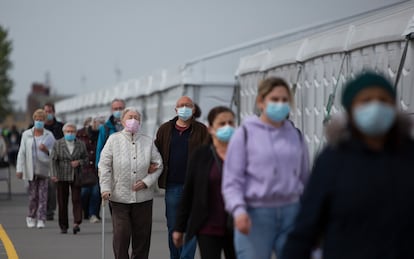

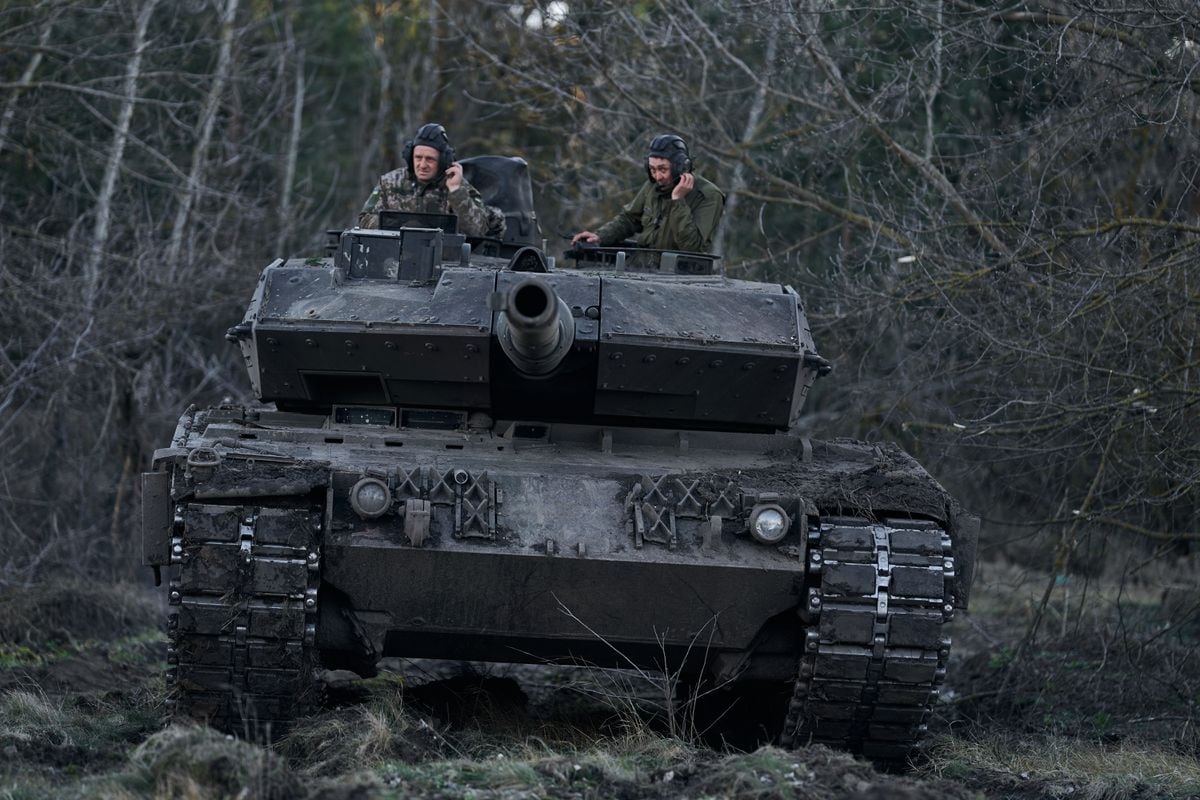
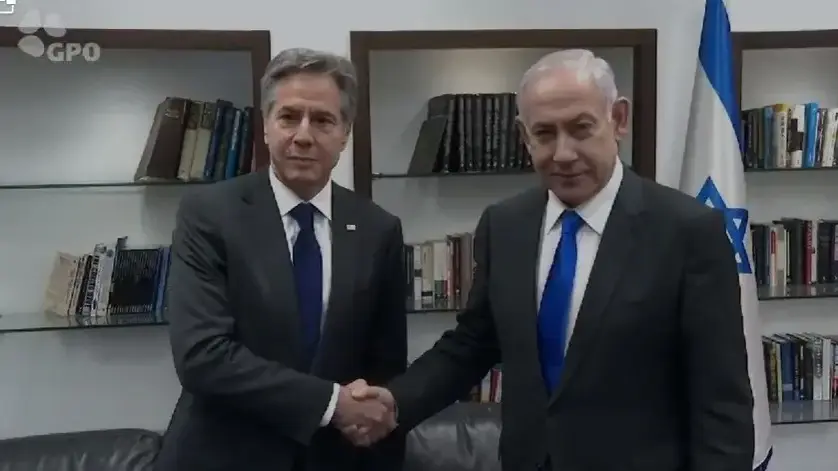

/cloudfront-eu-central-1.images.arcpublishing.com/prisa/Z6ZRII4DCQHR3STPMYZMCKBRI4.jpg)

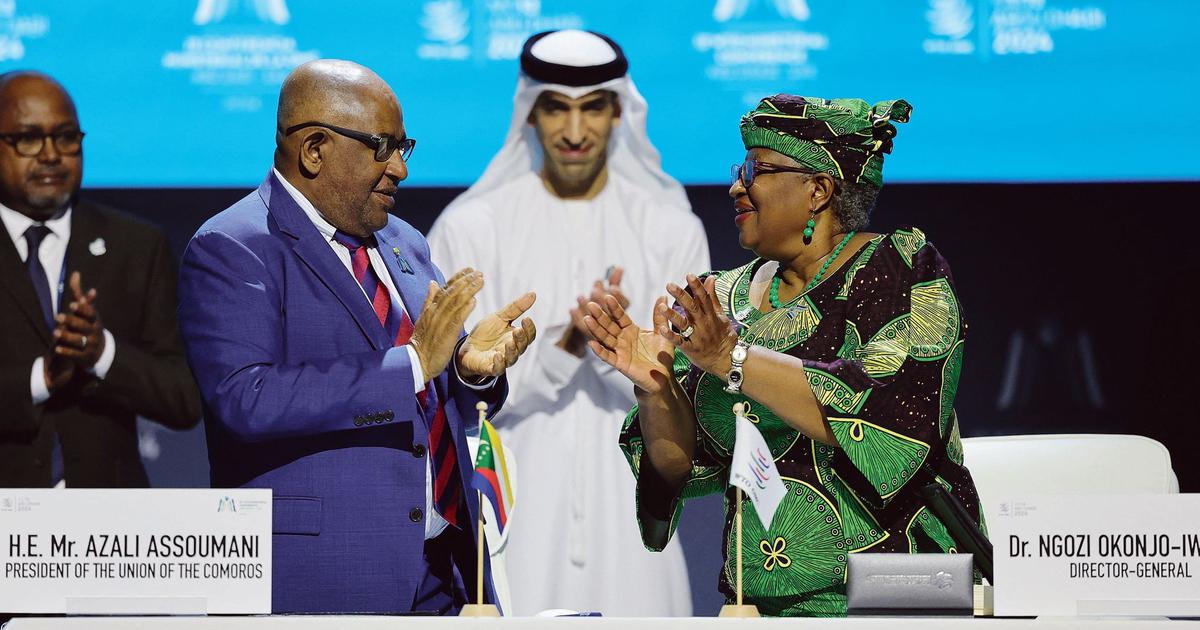
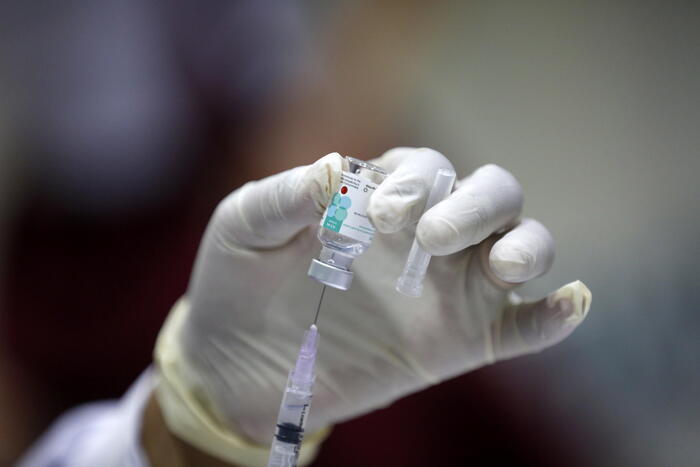


/cloudfront-eu-central-1.images.arcpublishing.com/prisa/S7ERVSCT4FUVX6R7TUVBDNTH5Y.jpg)


